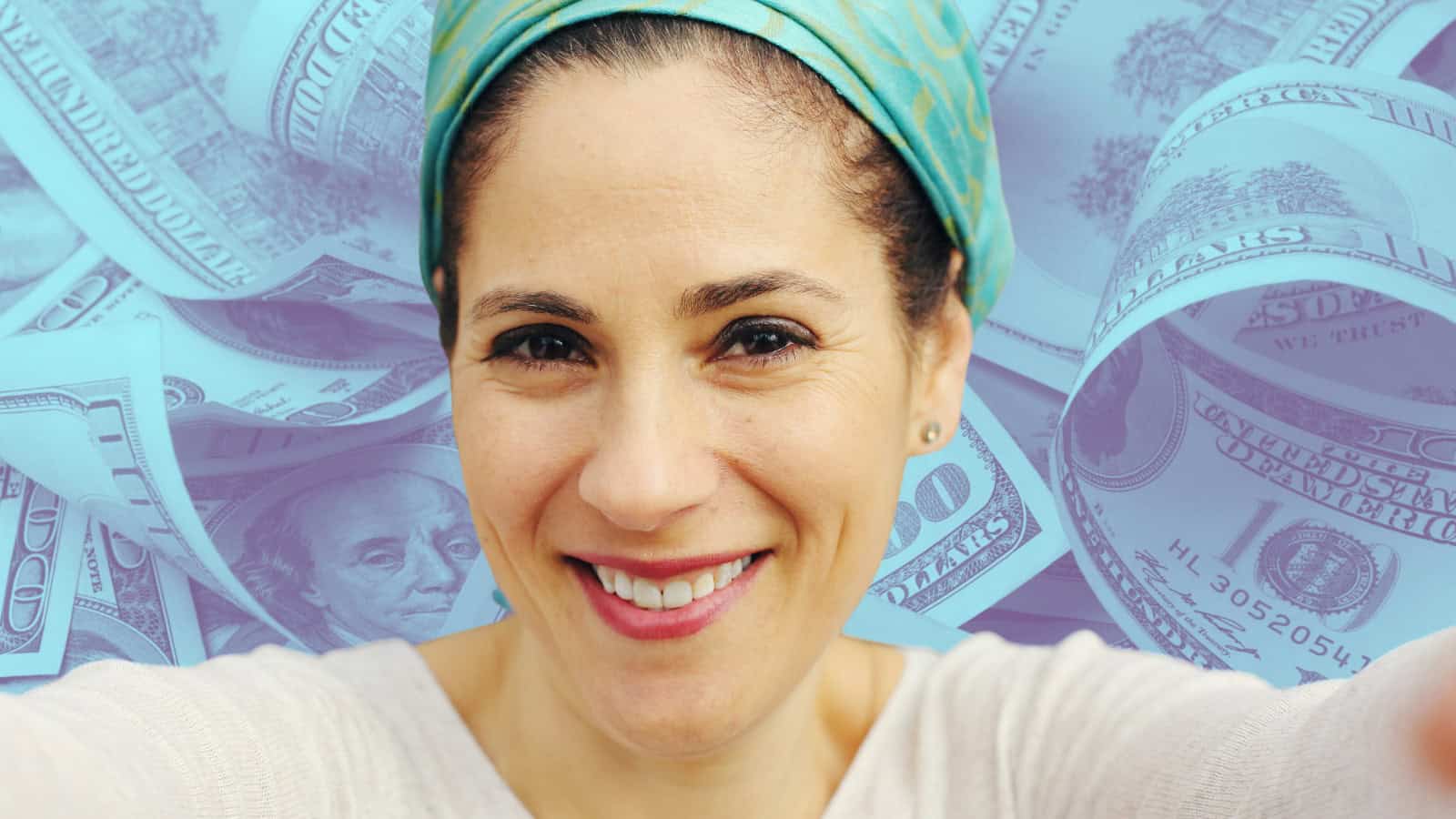Personal Finance
My salary has recently doubled to over $600k and I barely do anything for work. Should I feel guilty about this?

Published:

For many individuals who have built up a successful business over the course of their lifetime, selling one’s time for money isn’t the equation that’s carried out anymore. Utilizing employees to grow a business (and hiring managers to take care of key decision-making processes) can provide the kind of leverage that can lead to big money-making potential with very little input.
Such is the story of one Reddit individual who posted his story of unexpected financial success in running a niche e-commerce business that skyrocketed from modest earnings to potentially hitting $600,000 in personal take-home pay over the past year.
Despite this success, the user noted struggles with overwhelming guilt. This feeling of guilt comes from the fact that this individual claims to work around two hours per day, while his employees handle the bulk of the operational responsibilities, with the business owner reaping the vast majority of the benefits of his success. Many financial experts suggest this phenomenon is actually quite common, often referred to as financial imposter syndrome.
Let’s dive into what financial imposter syndrome is, why it happens, and how it can be addressed while staying grounded and fulfilled.

Financial imposter syndrome can take hold of individuals who may feel undeserving of their financial success. Whether that’s because these individuals believe their success is a flue, rather than a result of their actions, or that the success came in unexpected fashion, it’s a feeling many individuals can come across.
This particular Reddit users appears to feel disconnected from the traditional notions of how hard work should lead to financial reward. While the financial rewards this individual has received are tied to the strategic decisions he made in driving a scalable and profitable e-commerce business, he may feel guilt in how he thinks others may perceive his work ethic.
Other users did point to the fact that society rewards ideas that create value, and this user’s hunting gear business is a prime example. However, societal norms often equate higher income with grueling effort, making success earned through efficiency or strategic growth feel less valid.
This misperception is the root of financial imposter syndrome. This syndrome challenges deeply-engrained beliefs about earning. But the truth is, building a scalable system that benefits employees, customers, and oneself is a different kind of hard work, deserving of reward. By reframing what “hard work” means, it’s easier to understand and embrace financial success.

The user’s guilt stems from comparing their workload to their employees’ efforts, as well as broader societal struggles. One commenter shared similar feelings, noting steady business growth with minimal additional effort. These feelings of guilt may come with comparing one’s success to the trials and struggles of others, and it’s understandable for those who are emotionally sentient and can see how hard others work (physically and emotionally) around them.
Another cause of these feelings can be rapid financial change, wherein success comes relatively quickly and changes one’s living circumstances abruptly. The idea that working smarter not harder will deliver results is an idea often scoffed at by many, but in our capitalistic society, it’s how the market works. The free market rewards scalable businesses that deliver increasing value over time. By all accounts, this Reddit user’s business is doing just that.
The question this user may want to ask is whether his business is delivering the amount of value to society he’s being currently rewarded for. If the answer is yes (and it usually is, as the market is much smarter than any individual), then these feelings of guilt may dissipate over time.

The journey of the Reddit user offers a valuable lesson about modern success. The traditional notions of hard work leading to success are so engrained in the minds of most workers that finding oneself on the fortunate end of success can feel wrong.
However, it’s also very true that success is most often both earned and shared. No doubt, plenty of long nights and sweat equity were put into setting this business up, putting aside the initial capital that was likely required for this individual to get his business off the ground. With investment comes risk, and to the risk-takers go the rewards.
But it’s the second part of that statements that’s perhaps the most important – success is often shared. This person has noted he employs a number of people who manage the day to day of the business, so he can take solace in the fact that he’s helping to create jobs. And if this user chooses to do so, profit-sharing plans and other incentive programs (bonuses, etc.) can be put in place to further share the wealth and create an even more sustainable business with an ever-more inspired workforce.
Retirement can be daunting, but it doesn’t need to be.
Imagine having an expert in your corner to help you with your financial goals. Someone to help you determine if you’re ahead, behind, or right on track. With SmartAsset, that’s not just a dream—it’s reality. This free tool connects you with pre-screened financial advisors who work in your best interests. It’s quick, it’s easy, so take the leap today and start planning smarter!
Don’t waste another minute; get started right here and help your retirement dreams become a retirement reality.
Thank you for reading! Have some feedback for us?
Contact the 24/7 Wall St. editorial team.